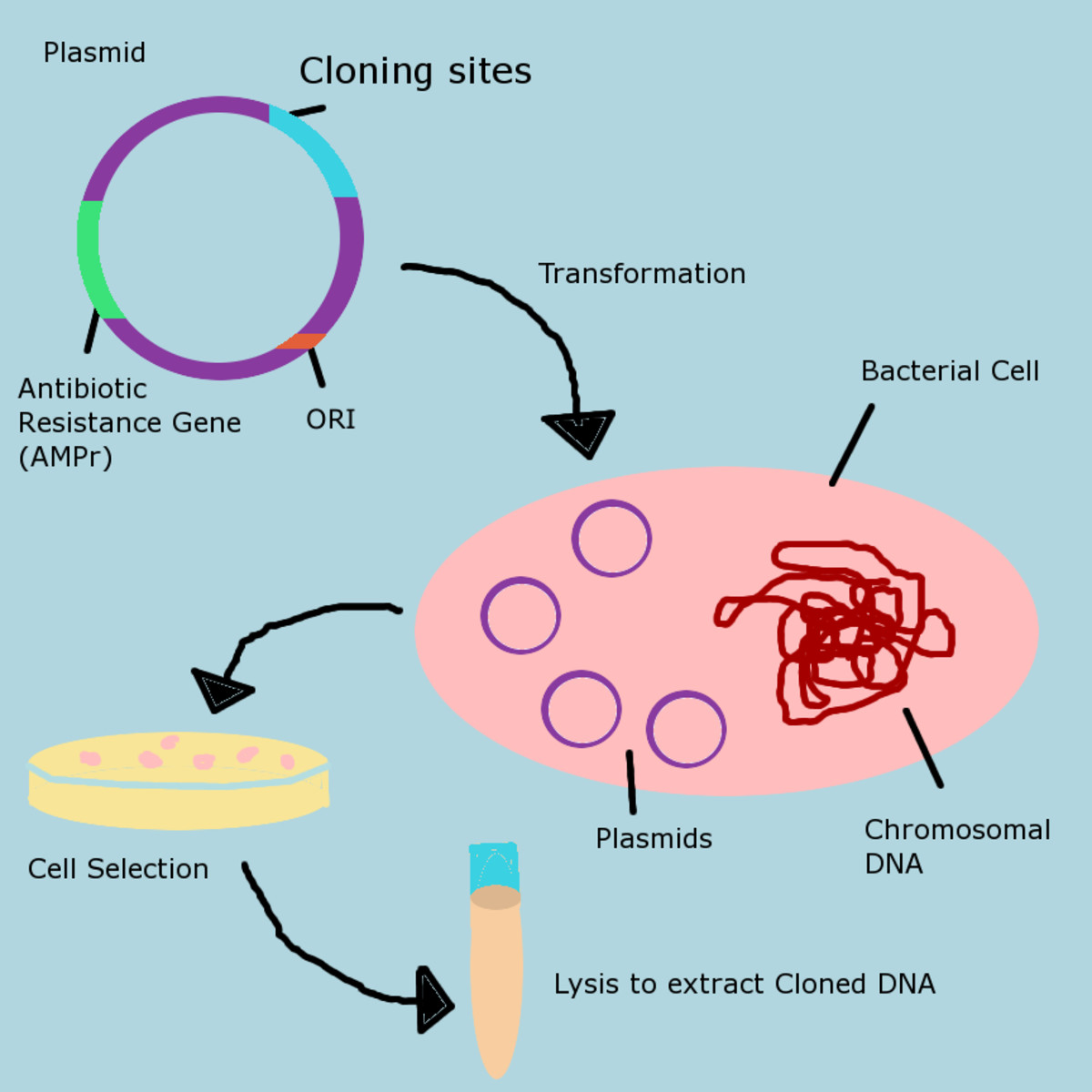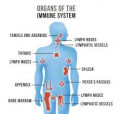Targeted molecular therapy

Molecularly targeted therapies are those that selectively target specific molecular features of certain cells such as aberrations in genes, proteins, or pathways that regulate tumour growth, progression, survival or aberrant cellular functions.
This can be done by a number of means, the most commonly used form is the use of Antibodies (which are normally made by the body towards a specific foreign body, they are highly specific), but other "small molecules" can be used to block a specific function within the bodies cells. These therapies can be used to target a specific cell within the body and have a lot of clinical uses and advantages.
The techniques of antibody production, called hybridoma technology, was published in 1975 by Georges Köhler and César Milstein who were awarded the 1984 Medicine Nobel Prize for their discovery together with Niels Kaj Jerne. Muromonab was the first monoclonal antibody to be approved for clinical use in humans, in 1986 as an Immunosuppressant for transplants. (Drugs that stop the immunity from rejecting transplants). The antibody stopped the body's immune cells from fighting the transplanted organs.
Cancer Treatment
Because not every cancer develops in the same way in every person, targeted molecular therapy is personalized to the individual. Some cancers have many possible targets that are known and are currently being treated, while many more are being discovered, increasing the targets for therapy.
Molecular therapy has impacted cancer treatment significantly, and made fatal cancer manageable and significantly increasing the life expectancy of these patients. The first drug to do this was Gleevec which is used to treat chronic leukemia and other cancers.
It has changed the typical atomic bomb treatment of cancer with chemotherapy drugs which usually target cells that divide rapidly (usually cancer cells), but is not selective and also affects other naturally rapidly dividing cells within the body such as the hair (hence the hair loss during cancer treatment) and have significant side effects which may may seem worse than the cancer its self.
The potential benefits are many
- Less harm to normal cells, therefore, less unwanted effects.
- Potentially fewer side effects/more predictable effects
- Improved effectiveness
- Improved quality of life
There had been little no development in these old drugs which had been in use for more than 30 years as compared to other aspects of cancer care.
Drugs That Fight Cancer
- TIME Magazine Cover: Drugs That Fight Cancer - May 28, 2001 - Cancer
TIME Magazine Cover: Drugs That Fight Cancer

Initially the antibodies used came from mice and would cause allergic reactions when used by humans especially after repeated use (the body would recognize the mice antibodies as a foreign material and fight against it, rendering the drug useless) but currently advanced techniques have been developed allowing, the production of human antibodies which are identical in structure to the antibodies produced in the body and have a significantly lesser chance of causing a reaction.
Immunoconjugates
These targeted Antibodies also function as carriers of cytotoxic substances (poisons), such as radioisotopes, drugs, and toxins to specific cells. This allows the use of very toxic substance to treat disease, the antibodies will deliver the toxic substance to the cells that are intended and the effect of the toxin will only be felt by the intended cells.
Very dangerous substances such a can be used carefully to kill specific cells n the body:- smart Bomb approach.
Other Uses
This new mode of therapy is currently being developed for other diseases other-than cancer, for example for high cholesterol which can lead to heart attacks and strokes. There is also molecular therapy for osteoporosis.
There are many other possiblilities and these new therapies allow a more tailored approach to the treatment of patients, with a move from the one shoe fits all treatment that is currently being used.
Current Cancer being treated with Molecular Targeted Therapies
- Brain cancer
- Breast cancer
- Kidney cancer
- Leukemia
- Lung cancer
- Skin cancer
- Prostate cancer
- Thyroid cancer
(This is not an exhaustive list) There are thousands of clinical trails ongoing to approve more drugs.
Today, more and more people are surviving cancer. It is because of theses new advancements and research.
Obstacles
- The Antibody molecular therapies have to be given through a vein into your blood stream repeatedly over long periods up to years, but the "small molecules" are usually in tablet form, and can be taken by mouth
- The cancers can mutate (change) and become immune to the therapies
- Currently the most molecular therapies are still given in combination with the older chemotherapy drugs, thus the side effects will from the older drugs are still there.
- The major obstacles would be the cost of these therapies and their availability to third world poor countries.
- Many insurance companies still don not cover some of these therapies in many countries
The most serious side effects include an allergic reaction, lung inflammation, blood clots, heart failure and low blood pressure.
Resources for more information
- NCI’s (National cancer institute) Molecular Targets Laboratory, part of NCI’s Center for Cancer Research
- NCI’s Chemical Biology Consortium (CBC) facilitates the discovery and development of new agents to treat cancer








